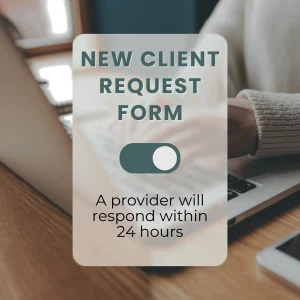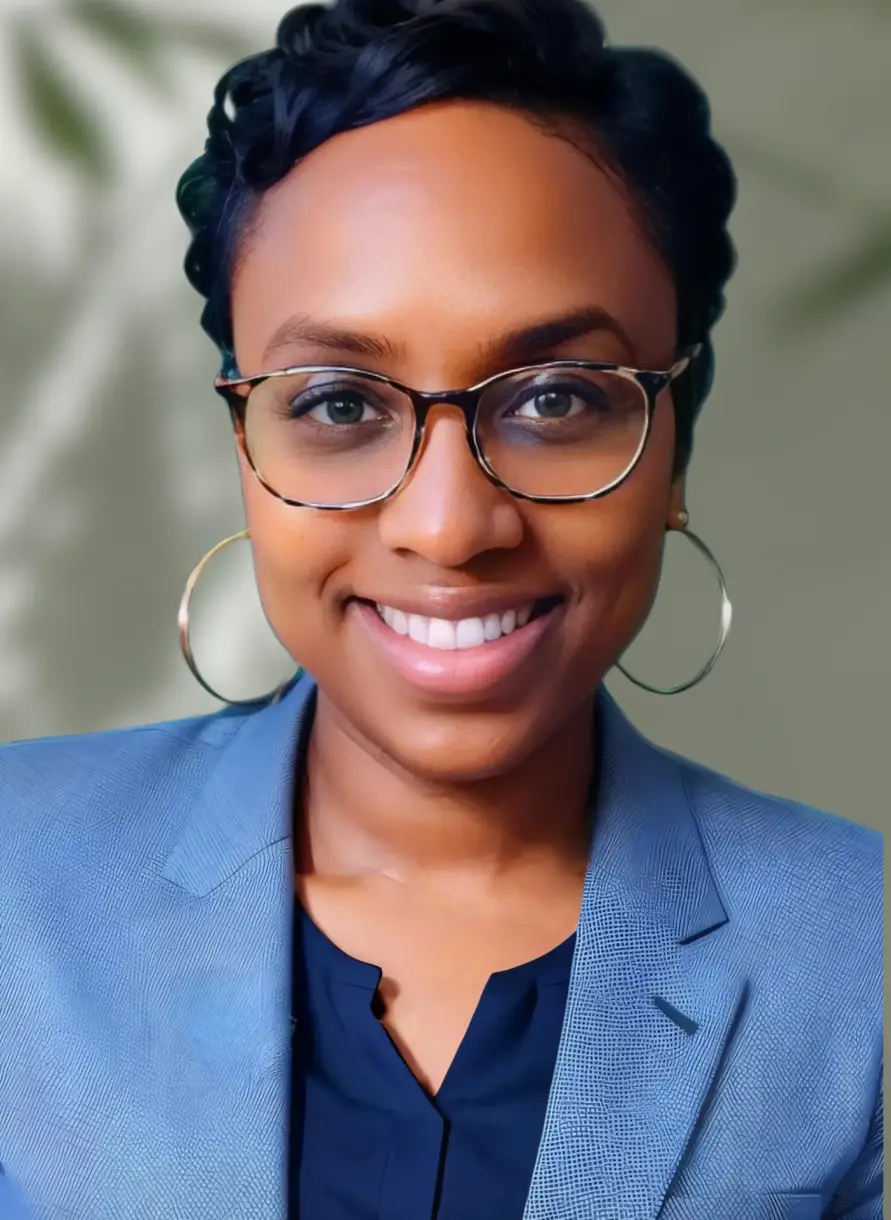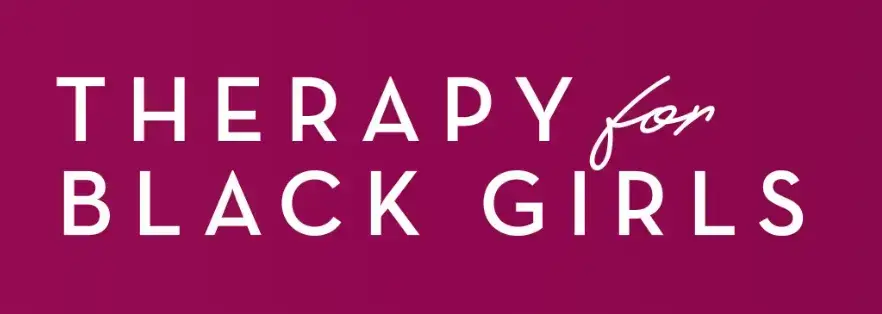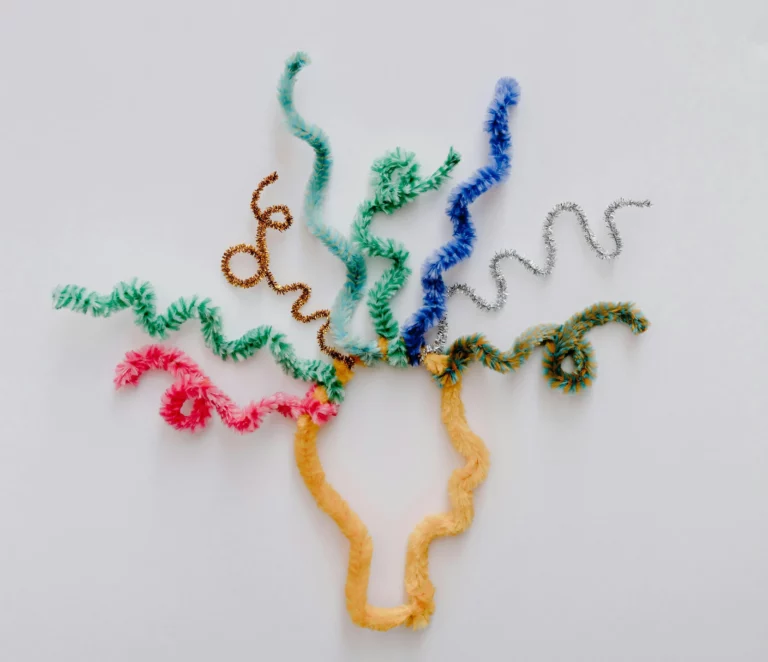
OCD & Creativity: Benefits of Neuro-Art for the OCD Brain
Many individuals with OCD possess unique strengths, including a heightened attention to detail and a drive for learning, which can be channeled into creative pursuits. We often see OCD & creativity when in therapy with our clients, and it’s not uncommon for that creative mind to respond well to both structured and unstructured therapy, like expressive art therapy and narrative therapy. Therapy that blends therapy for OCD & creativity can lead to positive outcomes.
How OCD & Creativity Intersect
OCD is characterized by unwanted, persistent thoughts (obsessions) and repetitive behaviors (compulsions). While these symptoms can be distressing, they also come with certain traits that, when guided, can be beneficial in creative fields. The meticulous attention to detail and persistence seen in OCD can translate into exceptional skills in art, writing, music, and more. The intersection of OCD & creativity offers a unique opportunity to channel what can be a debilitating disorder into a powerful tool for personal and professional growth.
Creative individuals with OCD often find that their condition drives them to perfect their craft, leading to high-quality, detailed work. This intersection of OCD & creativity can transform obsessive tendencies into productive and fulfilling creative endeavors.
Examples of Neuro-Art



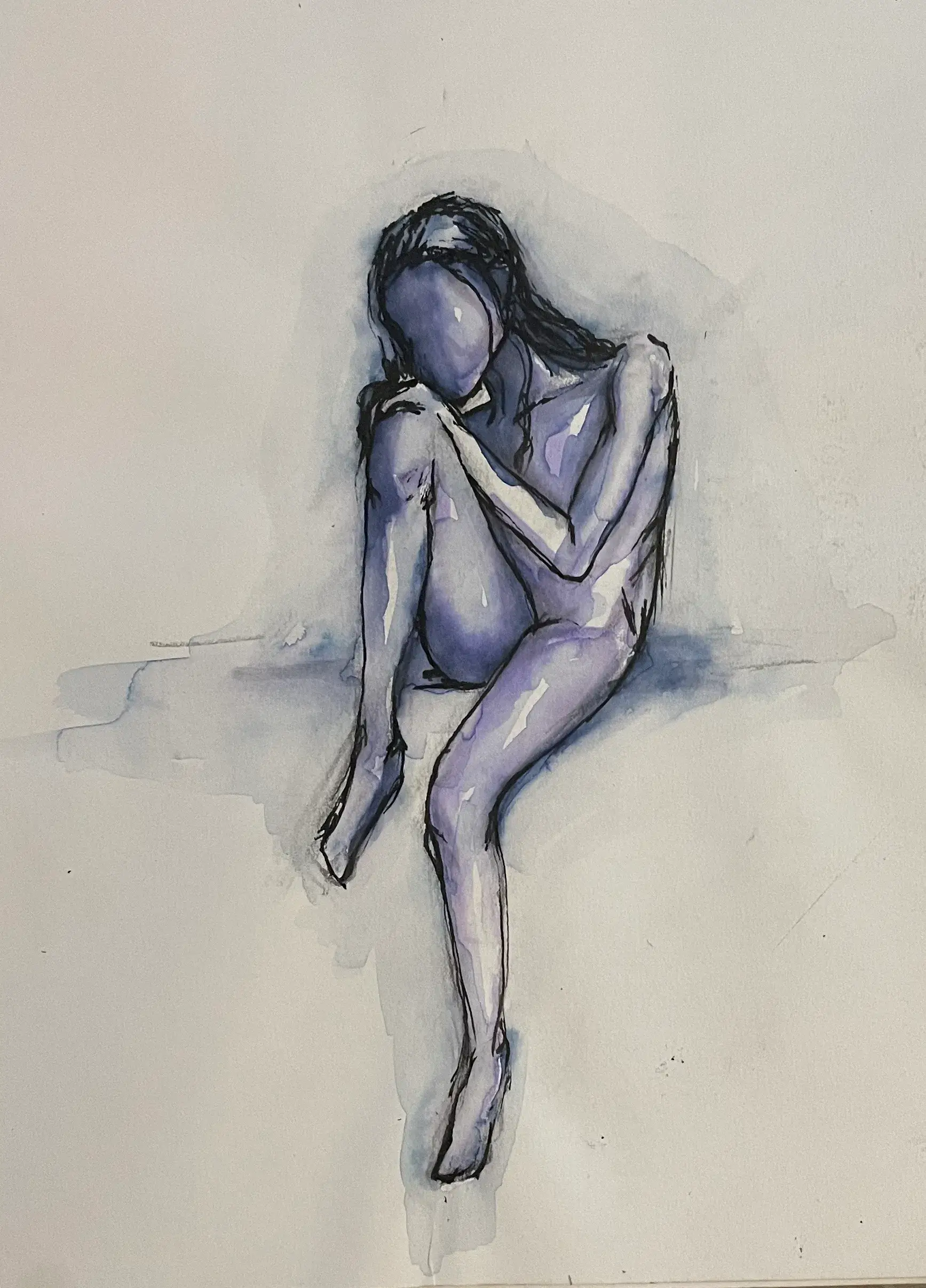
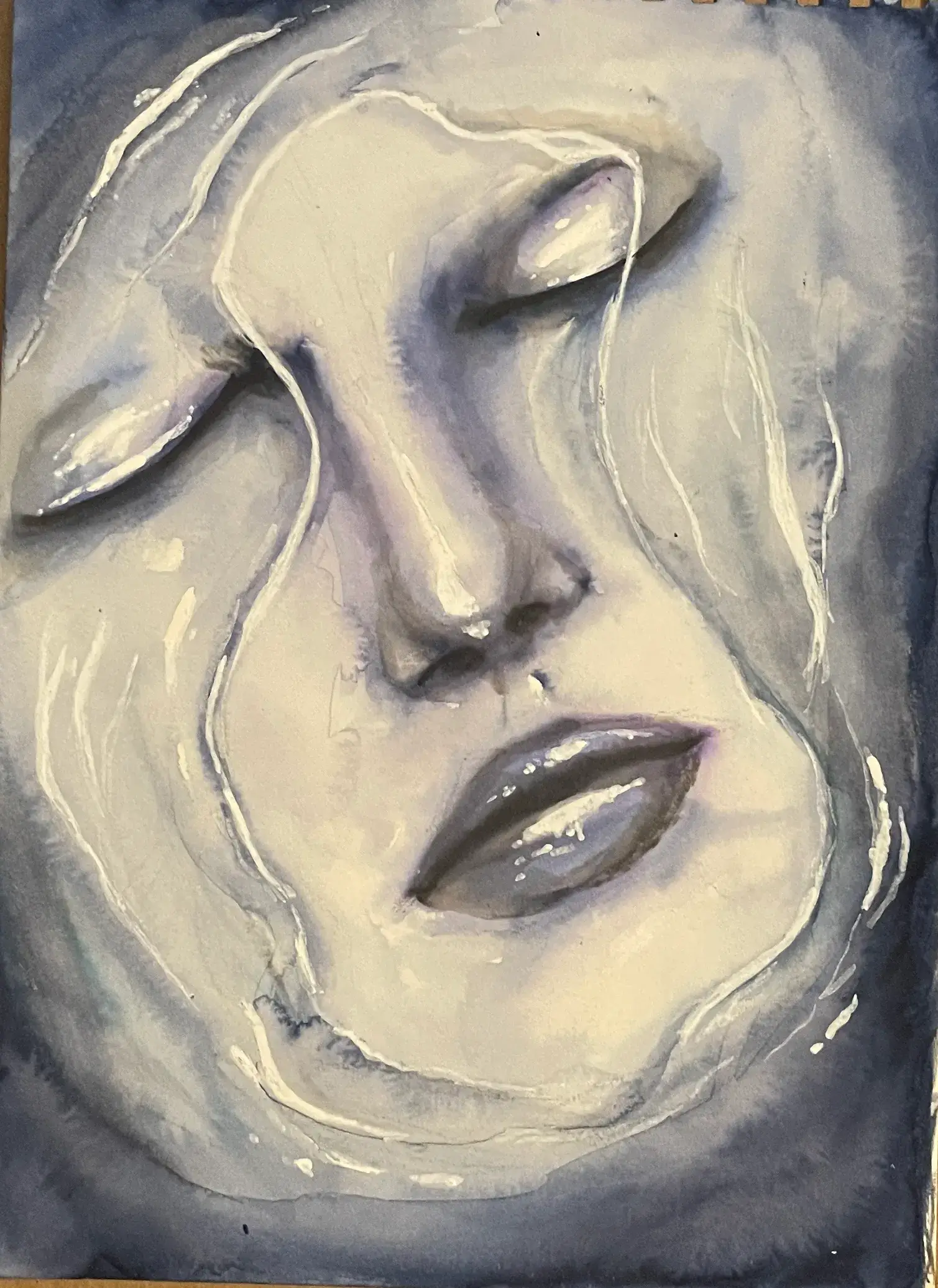
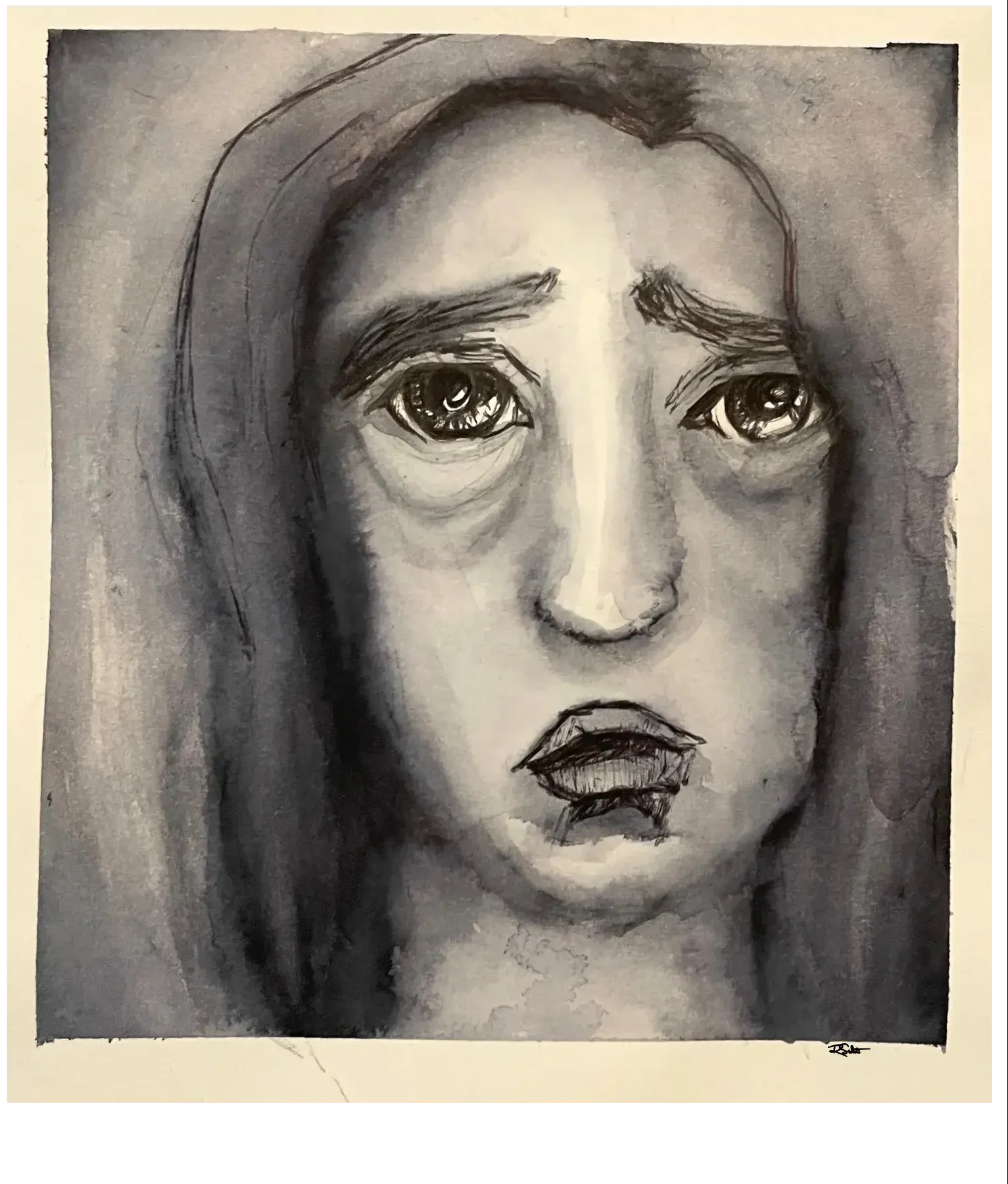
Benefits of Neuro-Art for the OCD Brain
Neuro-art, or the practice of using art to stimulate brain function and promote mental health, has shown promising benefits for individuals with OCD. This approach combines the therapeutic aspects of art with an understanding of how the brain processes and benefits from creative activities.
Cognitive & Emotional Benefits of Neuro-Art
Research has shown that engaging in creative activities can enhance cognitive function and emotional well-being. For individuals with OCD, neuro-art can help reduce anxiety, improve mood, and enhance overall mental health. A study published in Art Therapy: Journal of the American Art Therapy Association found that art-making can significantly lower cortisol levels, a marker of stress.
Brain Plasticity & Creativity
Neuro-art takes advantage of the brain’s plasticity, its ability to change and adapt in response to new experiences. Creative activities stimulate the brain’s neural pathways, promoting growth and connectivity. This can be particularly beneficial for individuals with OCD, as it can help rewire the brain to reduce the intensity of obsessive thoughts and compulsive behaviors.
Mindfulness & Focus with Neuro-Art
Creating art requires mindfulness and focus, which can help individuals with OCD manage their symptoms. By concentrating on the creative process, individuals can experience a sense of flow, a state in which they are fully immersed and engaged in the activity. This can provide a respite from obsessive thoughts and reduce overall anxiety.
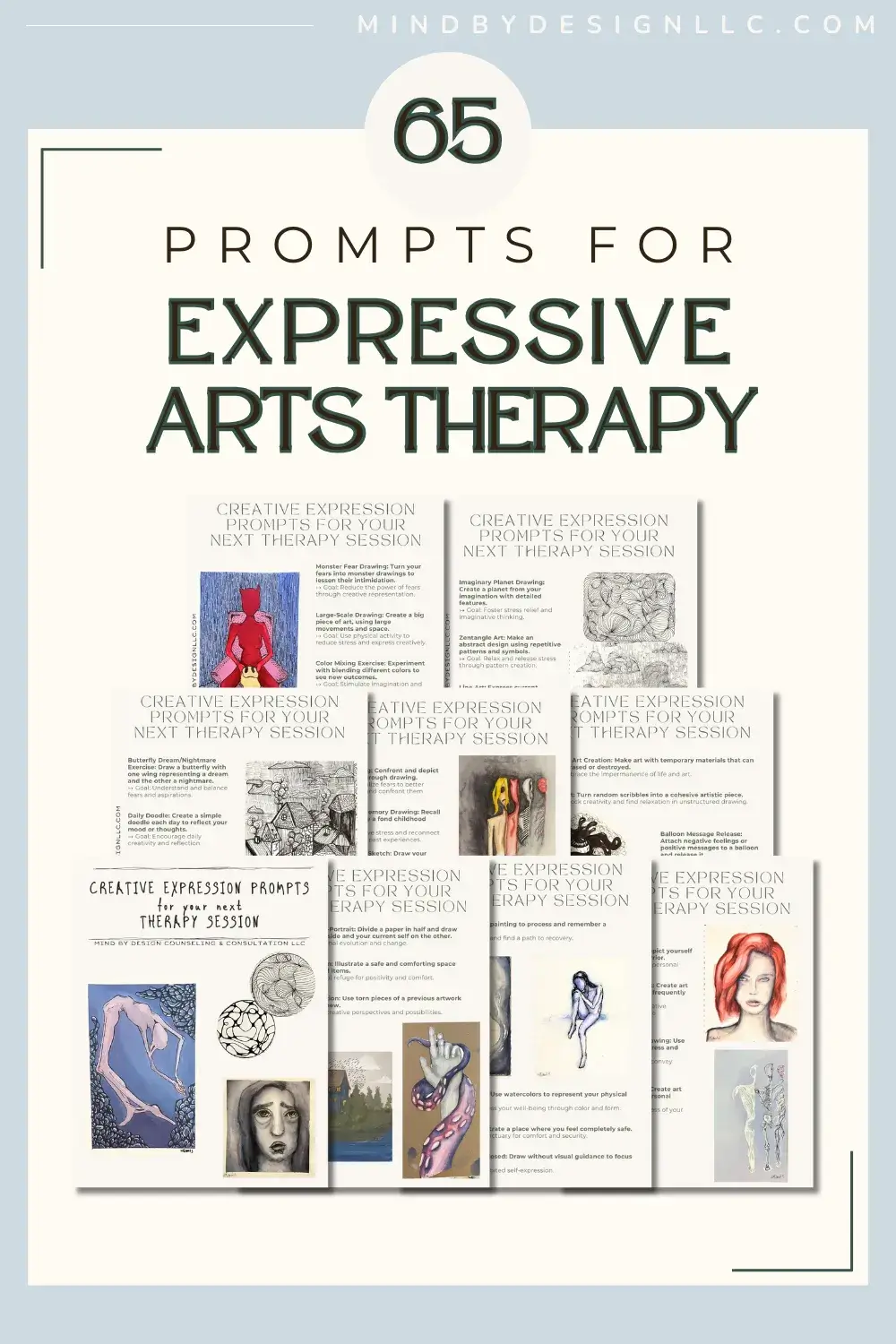
65 Prompts for Expressive Arts Therapy
Get your Freebie here
Balancing Creativity & Therapy for OCD
While creative activities can provide a positive outlet for OCD, it’s important to balance these pursuits with effective mental health strategies. Here are some tips to ensure a healthy balance:
- Therapeutic Support:
Regular sessions with a therapist who specializes in OCD can help manage symptoms and provide coping strategies. Cognitive Behavioral Therapy (CBT) and Exposure and Response Prevention (ERP) are particularly effective. - Mindfulness Practices:
Incorporating mindfulness techniques such as meditation and deep breathing can help manage anxiety and obsessive thoughts, providing a sense of calm and focus. - Healthy Routines:
Maintaining a structured daily routine that includes time for creative activities, exercise, and relaxation can help manage OCD symptoms and promote overall well-being. - Self-Compassion:
Being kind to oneself and recognizing the unique strengths that come with OCD can foster a positive self-image and reduce self-criticism.
Structuring Therapy for OCD & Creativity Based Treated
Engaging in structured creative activities can provide a productive outlet for obsessive tendencies, transforming them into positive outcomes. Here are some ways to harness OCD & Creativity while managing OCD:
Traditional Art and Design
Art provides an excellent outlet for those with OCD to channel their focus and precision. Activities such as drawing, painting, and sculpting allow individuals to express their inner thoughts and emotions in a tangible form. The repetitive nature of certain art techniques can also be soothing, providing a sense of control and accomplishment.
Drawing & Painting:
These activities can help individuals focus their thoughts and create a sense of order and beauty. The precision required in drawing can be particularly satisfying for those with OCD & Creativity.
- Sculpting:
Working with clay or other materials allows for physical engagement, which can be a therapeutic way to manage compulsions.
Writing and Journaling
Writing is another powerful tool for managing OCD. It allows individuals to organize their thoughts, explore their feelings, and create structured narratives. Journaling, in particular, can help track obsessive thoughts and identify triggers, providing insights that can lead to better coping strategies.
- Creative Writing:
Crafting stories, poems, or essays can be a constructive way to channel obsessive thoughts into creative expression. OCD & Creativity often flourish in these structured writing exercises. - Journaling:
Regular journaling helps to process emotions and reduce the intensity of obsessive thoughts by putting them on paper, merging the benefits of OCD & Creativity.
Music and Performance
Music and performance arts offer dynamic ways to channel creative energy. Whether playing an instrument, singing, or acting, these activities require concentration and discipline, which can be beneficial for managing OCD symptoms.
- Playing an Instrument:
The repetitive practice needed to master an instrument can be particularly engaging for individuals with OCD & creativity, providing both a challenge and a sense of achievement. - Acting and Drama:
Role-playing and acting can help individuals step out of their usual thought patterns and explore different aspects of their personality, highlighting the power of OCD & creativity.
Neuro-Art, OCD & Creativity in a Nutshell
The intersection of OCD & creativity offers a real opportunity for therapists and clients to find unique ways to approach therapy for OCD in ways the best suit clients and their needs. Combining CBT, ERP and creative arts can yield positive outcomes for clients, so why not try it?
FAQ's About Therapy in New Jersey
How do I get started as a new client?
New Clients can reach out to us directly via call, text or email here:
Or, you can complete a new client form and we’ll reach out to you within 24 hours here:
What are your specialties?
Our therapists have dedicated their clinical work to specific niche areas. Check out our therapy service page here to learn about our areas of expertise
What type of therapy do you offer?
We offer traditional and non-traditional therapy
Traditional therapy, such as talk therapy incudes:
- Individual therapy
- Couples Counseling
- Family Therapy
- Cognitive Behavioral Therapy
- Emotion-Focused Therapy
Do you offer Ketamine Therapy?
Yes! Ketamine has shown promise in treating various mental health conditions, including PTSD, Anxiety, Depression, Phobias and OCD. As Ketamine therapy providers, we offer this service to help clients break cycles of thinking traps that lead to compulsive behaviors.
Is Online Therapy As Effective As In-Person Therapy?
Online therapy is essentially face-to-face counseling, just conducted remotely. Studies show that teletherapy is as effective as traditional counseling. Professional organizations and state governments recognize its benefits and have set regulations for it. However, like any therapy, its success in achieving your goals isn’t guaranteed. It’s important to discuss with your therapist whether teletherapy is working for you.
What age groups do you serve?
Currently, we work with New Jersey clients ages 10+
Do you offer traditional talk therapy?
of course! though we have some unconventional therapy approaches, we are rooted in evidenced based practices. Talk therapy is a major player in the therapy room! See What we Treat and Integrative Services for more information
What Geographic Areas Are Served?
Currently, we serve clients in New Jersey and are expanding to other states as telehealth laws evolve. While telehealth offers the convenience of attending sessions from anywhere, state laws require clients to be in-state during their session.
Does my insurance cover my visits?
We provide”Courtesy Billing” for clients who are using the Out-of-network insurance benefits.
Our Insurance Page shares a small blurb about Why We Left Insurance Panels
Can I Change Therapists If I'm Not Happy?
Yes, you can switch therapists to another provider within the practice, or we can provide you a referral if preferred. We want to ensure that your time and effort are well spent, and that you are getting the relief you need, that’s why we work collaboratively with each other in the practice, as well as outside therapists who we know and trust.
What is your cancellation policy?
We ask that clients provide at least 24 hours notice in the event that they need to cancel to avoid the 50% cancellation fee. we understand that life happens and do our best to be flexible & reschedule.
How Do I Know If Therapy Is Helping?
You should feel like you’re making progress. Signs it’s working include:
Feeling comfortable talking to your therapist
Your therapist respects boundaries
You’re moving towards your goals
You feel listened to
You’re doing better in life
Your self-esteem is getting better
Is Online Therapy Easy to Use for Non-Tech-Savvy People?
Yes, it’s pretty simple to access sessions. You’ll need basic internet skills, such as opening and visiting the patient link sent to you via email. It’s similar to video chatting like Facetime or Zoom. We can also walk you through it on the phone the first time to ensure a strong connection
What Questions Should I Ask My New Therapist?
Feel free to ask anything. Some good questions are:
- How often will we meet?
- What do you specialize in?
- What experience do you have with my issue?
- What outcomes can I expect?
- How will I know I’m progressing?
- How long do you usually work with clients?
- How will we set my treatment goals?
How Should I Prepare for My First Session?
Showing up is all that you need to do! But if you really want to get the most out of session, it could help to take some time to think about what you want from therapy. It helps to write down your goals, questions you have or things that you feel are important to share.
What is the difference between associate therapists & fully licensed therapists?
Our Qualifications:
Our founder, Rebecca Sidoti, is a highly qualified, state-licensed therapist and supervisor with extensive training in anxiety related disorders and innovative treatment such as Ketamine Therapy. Mind by Design Counseling adheres to standards set by the our governing counseling boards.
To see each providers credentials, training and licenses, visit our “Meet the Therapists” Page to learn more.
- LAC/LSW are therapists who may practice clinical work under the supervision of a fully licensed therapist.
- LPC/LCSW are therapists who have completed the necessary clinical hours post-graduation under supervision and can practice clinical work independently.
Is Virtual Counseling Suitable for Everyone?
Online therapy might not be as effective for individuals with chronic suicidal thoughts, severe trauma, significant mental health history, or those recently in intensive care. Such cases often benefit more from traditional, in-person counseling. We’ll help you decide if our online services are right for you during your intake and evaluation.
What Equipment is Needed for Online Therapy?
To join a session, log in using the credentials we provide. No downloads are needed. Our platform, compatible with both individual and group sessions, requires:
A computer or mobile device with a webcam and internet access.
We’ll help you test your setup before your first appointment to ensure a reliable connection. iOS users should use the Safari browser for mobile and tablet sessions.
What Questions Will Therapists Ask Me?
It depends on your goals. Expect questions about your thoughts, feelings, relationships, work, school, and health. They’ll ask to understand your therapy goals.
How Do You Keep Client Information Secure?
Security and Confidentiality of Sessions:
Your privacy is crucial to us. We use TherapyNotes, a HIPAA-compliant platform, ensuring secure and confidential teletherapy sessions. This platform’s security features include encrypted video connections, secure data transfers, and encrypted databases, ensuring your information is safe at all times.
What is VRT used for?
we use VRT to support Exposure Therapy, a long standing traditional therapy modality to treat phobias, anxiety and stress. we send a headset directly to your home so you can access VRT from anywhere.
VRT not only helps with exposure therapy for phobias, but is great for ADHD, mindfulness, PTSD and social anxiety.
